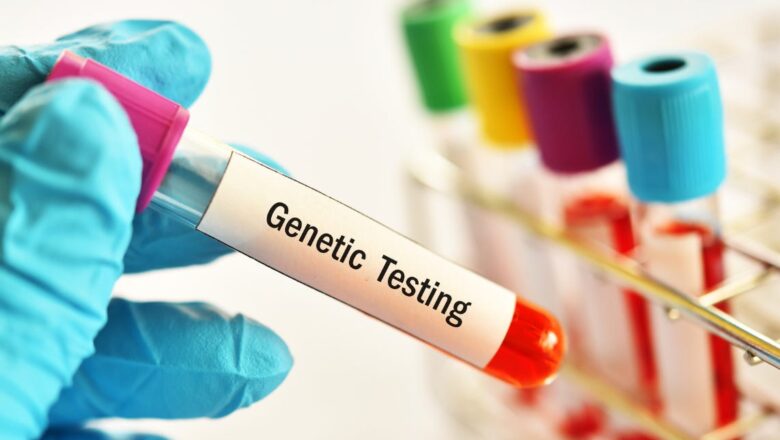
World Stroke Day: Being Aware and Taking Precautions
Worldwide, stroke is a serious health problem affecting millions of people every year. World Stroke Day is an important event to raise awareness about stroke and highlight the measures we can take to prevent this disease. This day is celebrated every year on October 29.
What is stroke paralysis?
Stroke is a disease that occurs when cerebral blood flow is suddenly interrupted or blood leaks into the brain. This can cause brain cells to become deprived of oxygen and become damaged. Stroke paralysis can occur suddenly and have serious consequences if left untreated. Therefore, World Stroke Day is of great importance in order to reduce the risk of stroke and encourage early diagnosis and treatment.
What are the symptoms of stroke paralysis?
Symptoms of stroke paralysis may vary fr...




